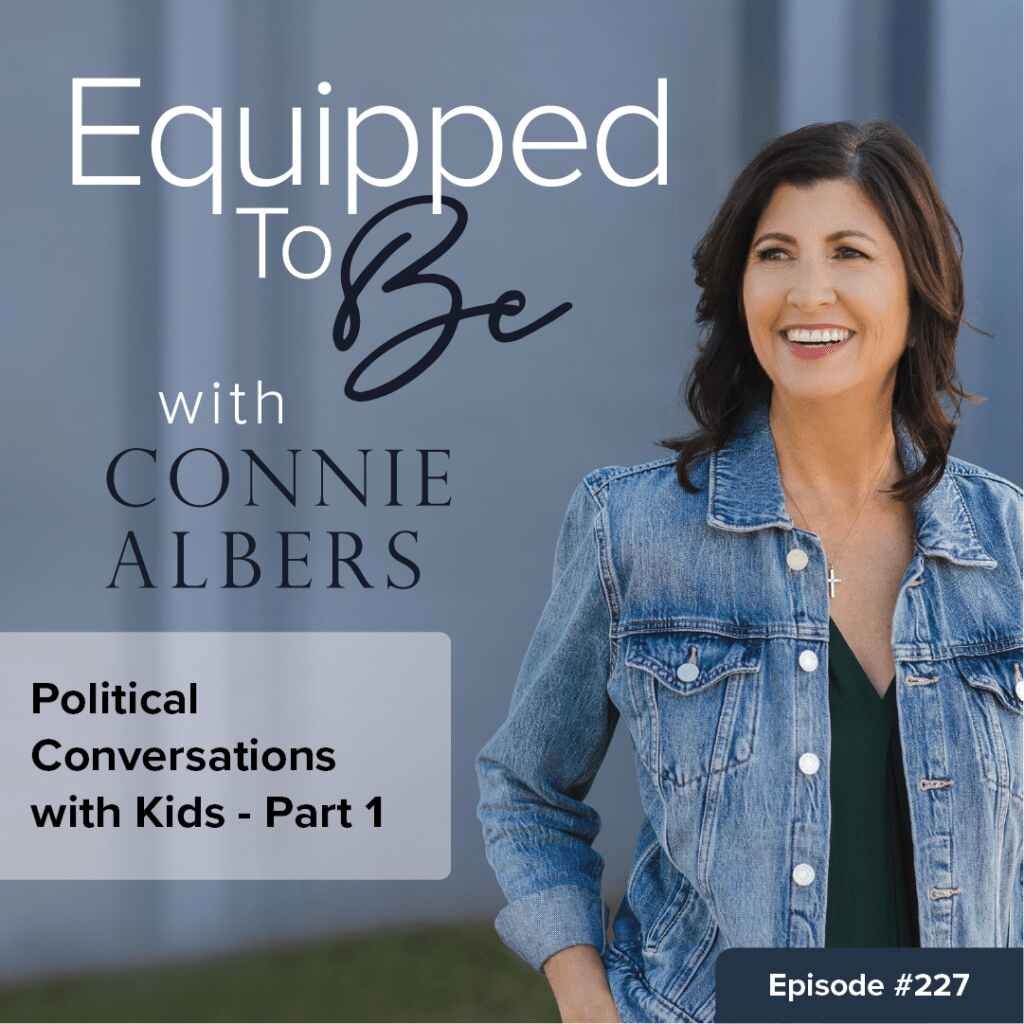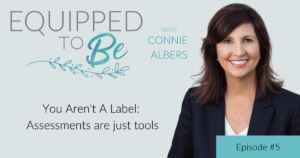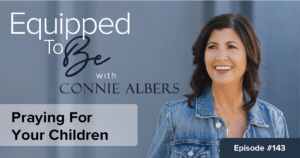Engaging in political conversations with kids can seem daunting, but it’s an important part of raising informed, thoughtful children. Guiding your kids in political discussions helps them understand the world around them and prepares them for their future roles as active citizens. In this first part of our series, I’ll explain why helping our children navigate political conversations matters and how to prepare your child for these important discussions.
In our fast-paced world, our kids are constantly seeing and hearing political news. As parents, it’s so important for us to help them understand what’s going on around them. By talking about politics in the home, we’re not just teaching them about their rights and responsibilities as citizens; we’re also helping them develop critical thinking skills. These skills are essential for making wise decisions throughout their lives. For example, when we explain why voting matters and how civic participation works, we’re setting the stage for them to become informed and engaged adults.

I remember one family dinner when Tom and I were discussing who we were going to vote for in an upcoming election. My ten-year-old, with that curious look in his eyes, asked, “Why is voting so important?” It was one of those moments where I realized the impact of our everyday conversations. We talked about how every vote helps choose leaders who make decisions affecting our community, like funding for schools and maintaining parks. This simple discussion sparked his curiosity about how things work and made him feel more confident and informed. I was delighted to see his interest grow right before my eyes. This was the beginning of many political conversations I had with my kids.
Preparing Your Children for Political Conversations
Age-Appropriate Political Conversations
When discussing politics with children, it’s essential to tailor the conversation to their age. Younger children need simple explanations, while older kids can handle more complex discussions. For instance, explaining voting to a six-year-old might involve comparing it to choosing a favorite ice cream flavor, whereas, with teenagers, you can explain the mechanics of elections and the impact of policies on their lives.
How to Simplify Complex Topics for Younger Kids
One of the biggest challenges in discussing politics with young children is simplifying complex topics. Breaking down information into smaller, understandable pieces can make a big difference. Use analogies and examples from their daily lives to explain difficult concepts. For example, you can describe taxes as a piggy bank where everyone puts in money to help pay for things everyone uses, like parks and schools. Visual aids like drawings and charts can also be incredibly helpful in making these ideas more tangible.
Political Conversations Teach Kids Critical Thinking
Encouraging children to ask questions and think critically about political issues is vital. Teach them to evaluate information, consider different perspectives, and form their own opinions. Provide examples of questions they can ask, such as “Why do people have different opinions on this issue?” or “How does this law affect our community?” Role-playing scenarios where they practice discussing these questions can build their confidence and understanding.
Role-Playing Scenarios
Practice makes perfect, and role-playing political conversations can be a fun and educational activity. Create scenarios where your child can practice discussing political topics respectfully and thoughtfully. This helps them prepare for real-life conversations and teaches them how to handle disagreements constructively.
Wrapping it Up
Engaging children in political conversations is a rewarding endeavor that prepares them for future civic engagement. By discussing why these conversations matter and how to approach them appropriately, we lay the groundwork for informed, responsible citizens. Stay tuned for Part 2, where we’ll delve into how children can handle political conversations with friends and family. Remember, these discussions are not just about understanding politics; they’re about fostering empathy, critical thinking, and active participation in our communities.
References and Links
The following may contain affiliate links.
Related Episodes
How to Connect with Connie
- Follow Connie Albers on Instagram | Facebook
- Learn more about Connie’s book Parenting Beyond the Rules.
- Learn more about the Equipped To Be podcast
Subscribe to Equipped To Be
If you find this podcast helpful, please subscribe and leave a review. It’s a great way to support the show and only takes a few seconds.
Have a Question or Want to Book Connie to Speak?
Would you like to have Connie speak at your event? Contact Connie here.


